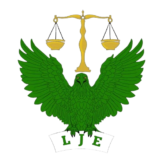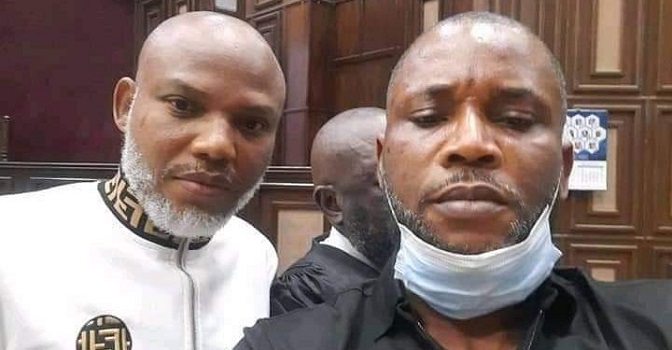In the wake of the October 20 #FreeNnamdiKanuNow protest, the Nigeria Police Force confirmed the arrest and remand of Prince Emmanuel Kanu and lead counsel Barrister Aloy Ejimakor, alongside ten other individuals. The arrests were linked to alleged attempts to access a restricted area in Abuja and resistance to security operations.
According to police sources, the group ignored multiple warnings and proceeded toward an FCT restricted zone, chanting slogans and carrying placards. They were apprehended near the Banex bus-stop area, then charged under Section 114 of the Criminal Code for “inciting disturbance,” “obstruction of traffic,” and “denial of free movement.” Sahara Reporters
The detainees are currently held at Kuje Correctional Centre, pending trial. Legal experts caution that the case raises key issues: balancing the right to peaceful assembly with state security; determining whether the arrests were lawful or politically driven; and ensuring that access to counsel and due process are upheld.
Civil rights organisations have expressed concern, noting that Kanu’s detention already draws controversy over alleged political motivation. The addition of his brother and lawyer increases pressure on the system, especially given claims of judicial delays and political interference. Some analysts suggest the move may serve to deter further mobilisations.
The next developments will be crucial: whether the judiciary will fast-track hearings, whether the protest organisers will seek legal recourse, and whether the security agencies and FCT police will publicly clarify their actions.

